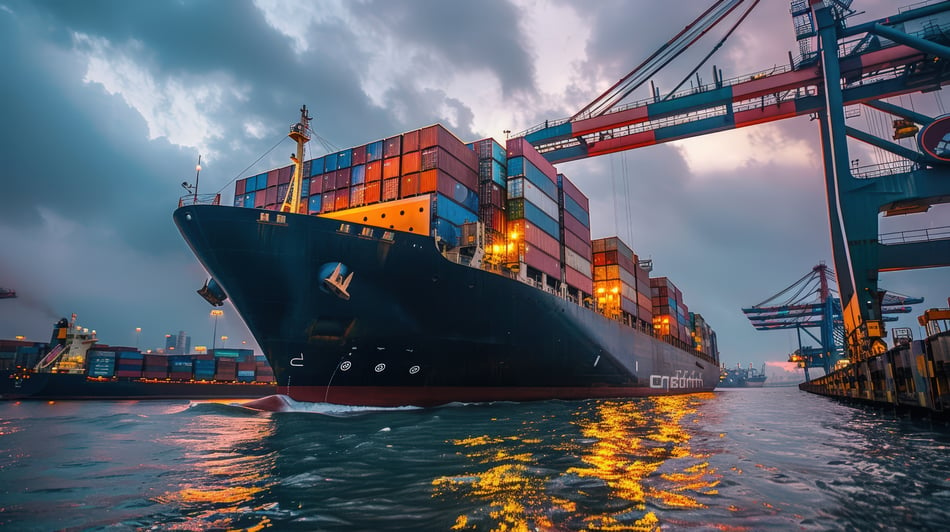

Many things have been worrying investors lately, including changes in technology stocks, interest rates, and government decisions. One of the biggest concerns is trade policy, as President Trump has put new taxes called tariffs on goods from Canada, Mexico, China, and Europe. What does this means for everyday investors.
The U.S. buys more from other countries than it sells
The most important thing is to stay calm and focus on what you can control. While we hear a lot about tariffs in the news, not all announced tariffs actually happen. The government uses tariffs for many reasons - not just to protect American businesses, but also to negotiate with other countries about border control, stop illegal drugs, and raise money.
The U.S. has been using tariffs to protect its businesses for a very long time. This started during the Industrial Revolution to help American factories. In 1890, the McKinley Tariff made foreign companies pay up to 50% extra on many products they sold to America. Later, in 1930, the Smoot-Hawley Tariffs caused problems by reducing global trade and worsening the Great Depression.
After these experiences, countries tried to trade more freely with each other and created special organizations to help with this. When countries can focus on making what they're best at and selling to each other, everyone can benefit. However, this also meant some American workers lost their jobs when factories moved to countries where workers are paid less.
Recently, we've seen a return to protecting American businesses through tariffs, which President Trump used during both his administrations. The chart shows that America buys much more from other countries than it sells to them - this is called a trade deficit.

The latest trade actions include new 25% tariffs on steel and aluminum that could affect all trading partners, matching tariffs on countries that tax American goods, delayed tariffs for Canada and Mexico, and extra tariffs on China. China has responded with its own 15% tariffs on energy products and 10% on various American goods, similar to what happened in 2018-2019. This back-and-forth of increasing tariffs has made people worry about a "trade war."
Tariffs are less important for government income than they used to be
When tariffs are announced, the stock market often reacts more strongly than necessary. During Trump's first term, investments did well despite worries about trade wars. The trade disputes in 2018 and 2019 weren't as harmful as many people feared. These tariffs were mainly used to negotiate new trade agreements with Mexico, Canada, and China.
Looking at the chart, tariffs (shown under "Other") only provide 1-2% of government money, much less than taxes. However, many leaders would like to see America sell more and buy less from other countries. This could help American factories, create more jobs, and reduce our need to borrow from other countries.

The trade deficit also shows that Americans have money to spend on foreign products. When people have extra money, they often buy more imported goods, which naturally creates a bigger trade deficit. Also, while we buy more goods from other countries, they invest lots of money in American companies and markets, which helps create jobs and grow businesses here.
The U.S. dollar has become more valuable
Trade issues have helped make the U.S. dollar stronger since the last election. This happens because trade and money values are connected. When we import less, we don't need to exchange as many dollars for foreign money, which makes the dollar stronger.
Tariffs can also make things more expensive for consumers. When companies have to pay tariffs on products they import, they usually raise their prices to cover these costs. This especially affects things like electronics, cars, and household items that often come from other countries.
It's important to keep these changes in perspective. Tariffs serve many purposes, and not all of them affect investments in the long run. While they can cause uncertainty, change the value of the dollar, and lead to higher prices, history shows that investments can still do well despite these concerns.
The bottom line? While trade policies and tariffs matter for the world economy, their effect on investments is often smaller than people think. Keep focusing on your long-term financial goals instead of reacting to daily news.




